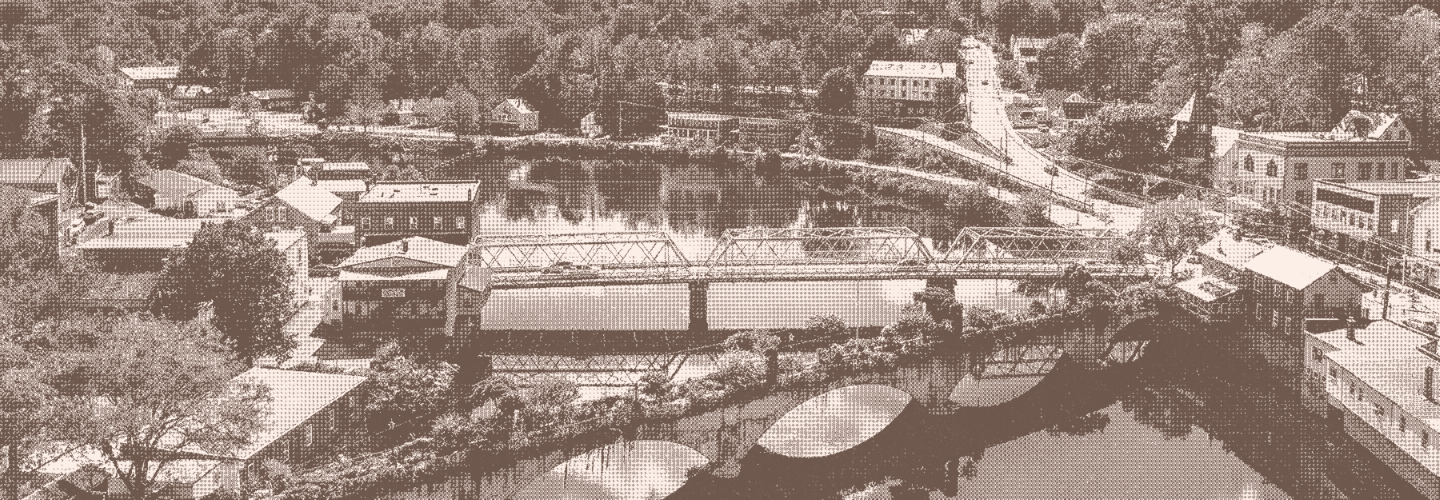Why a new gas pipeline into New England may (or may not) lower energy bills
New England is at an energy crossroads: Demand for electricity is expected to rise for the first time in nearly 20 years. Offshore wind and other renewables aren’t being built at the speed and price once predicted. And many people still have sticker shock after a winter of exceptionally high utility bills.
On the other side of the debate are those who say a new gas pipeline is simply a bad investment — for energy prices and the planet.
“There really is no economic case for expanded gas pipeline capacity in the region, and that’s because we think consumers are going to be left worse off as a result,” said Jamie Dickerson, senior director for climate and clean energy programs at the Acadia Center, a Boston-based research and advocacy nonprofit.
While there hasn’t been a new interstate pipeline into New England in a long time, several developers have expanded the diameter of some existing pipes and built new compressor stations to push more gas through. Since 2014, the total capacity on major pipelines into the region has increased 51%, Dickerson said. And during that time frame, the cost of gas has gone up for utility customers.
Kyle Murray, Massachusetts program director at the Acadia Center, had a challenge for anyone supporting new pipeline along economic lines.
“ I would say, ‘Prove your case, show your math,’ ” he said. “Because I don’t think the math bears out.”
If ratepayers in the region are going to pay for energy infrastructure to bolster the supply of electricity in the short-term and help control costs, Dickerson, of the Acadia Center, said they’d be better off funding more electric transmission lines, like a project in Maine slated to come online later this year.
“If there’s a desire to spend a billion dollars on linear infrastructure,” he said, “I think there’s no doubt about it that transmission is going to be a wiser course than a gas pipeline.”
To read the full article from wbur, click here.




















Follow us